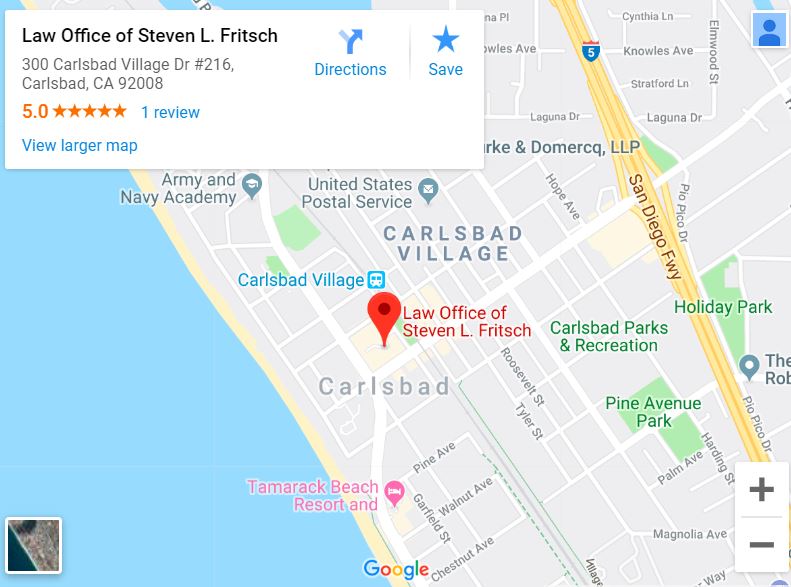
Will the spouse remaining in the residence continue to pay the mortgage on time?
This should be the biggest concern because the lender does not care about the divorce judgment. Therefore, if the spouse does not make the payments the lender will come after the other spouse. It does not matter that the Judgment says that the other spouse will make the payments and indemnify and hold the other harmless against adverse actions. The bottom line is that the original loan contract controls and the Judgment does nothing to it. Although you can never know if that spouse will continue to make the payments, if they have had trouble in the past it may be a foreshadow of the future. Late payments and failure to pay can ruin your credit which affects your ability to obtain loans.
Make sure there is indemnification and hold harmless language in the judgment
Although this language does nothing to insulate yourself against the lender it does help in family court should you need to seek money from the opposing spouse should he or she fail to pay and you are damaged by the failure to pay.
Include language that if a payment is missed or late, the house is listed for sale
This does not protect against the lender or make the person pay but it helps should that person fail to pay or is late on payments.
Will the person keep the residence in good condition?
This is important if the house has to be sold while you are still on the loan.
Will the spouse be able to refinance?
Are you prepared to remain liable on the mortgage if it takes years for the other spouse to refinance? Staying on the mortgage may have a great impact on your ability to purchase a house of your own.
Some spouses will continue to own a house as an investment after the divorce is final
Maybe neither live in the residence but they know it is a good investment or are under water and are willing to own it together until there is equity or more equity. In these situations it is important to really think this through. Remember, you are getting divorced for a reason and now you are going to be essentially business partners. If you are going down this road make sure the judgment is specific. For example, who is going to pay and how much, what happens if one party wants to sell, who takes care of repairs, and what if a party misses a payment or is unable to make a payment? The judgment needs to be specific because ambiguity creates problems and can be costly down the road.
In sum, remaining on the loan and title with your former spouse is a big decision so it is important that you are sure that this is the correct course of action.
DISCLAIMER: This article is for informational and educational use only. It is not intended to be legal advice in any way. If legal advice is needed, an attorney should be consulted.
